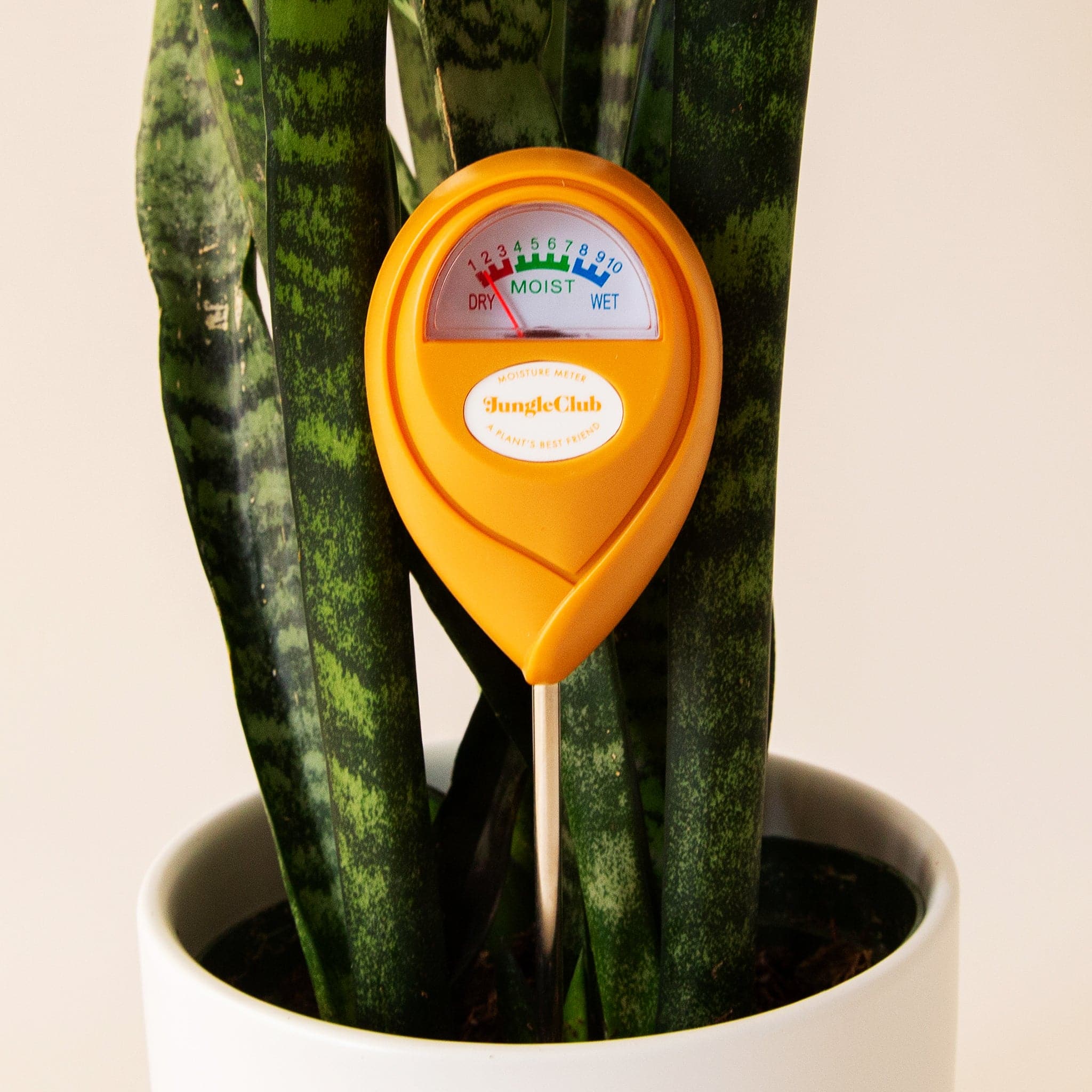Why Every Homeowner Needs a Moisture Meter: Secret Advantages and Functions
Why Every Homeowner Needs a Moisture Meter: Secret Advantages and Functions
Blog Article
The Ultimate Guide to Wetness Meters: A Comprehensive Summary and Just How They Can Save You Cash
In the world of structure maintenance, building, and various markets, the importance of precisely measuring wetness levels can not be overstated. Moisture meters work as essential tools in identifying and monitoring moisture material in products, aiding in protecting against costly problems and making sure the quality of products. Recognizing the nuances of various types of moisture meters, their applications, and the possible cost-saving advantages they provide can be a game-changer for companies and professionals alike. Discovering exactly how these devices can not only streamline processes but additionally contribute to monetary cost savings is a journey worth embarking on.
Kinds of Moisture Meters
One typical type is the pin-type wetness meter, which determines the electrical resistance between 2 pins placed right into a product. Pinless dampness meters, on the various other hand, use electromagnetic sensor plates to scan a larger location without creating damages to the product's surface.

Infrared wetness meters gauge the thermal buildings of a material to establish its moisture material non-invasively, making them valuable for applications where pin or pinless meters may not be ideal. Comprehending the various types of moisture meters readily available can help industries select the most suitable tool for their certain moisture dimension demands.

Advantages of Using Wetness Meters
Dampness meters provide invaluable advantages in precisely assessing and keeping an eye on wetness degrees in varied products and environments (Moisture Meter). One of the main benefits of making use of moisture meters is the prevention of prospective damages created by excess moisture. By discovering and dealing with high dampness degrees early on, wetness meters assist to avoid mold and mildew growth, rot, and structural damage in buildings, saving both time and cash on repair services. In addition, wetness meters help in ensuring the quality of materials during construction or manufacturing processes. By precisely determining wetness material, these tools assist preserve the integrity of timber, drywall, concrete, and other materials, minimizing the danger of problems or failures.
Additionally, making use of wetness meters can result in enhanced power performance. By determining locations with high wetness levels, such as leakages or bad insulation, adjustments can be made to improve power conservation and reduce energy expenses. In farming setups, dampness meters play an essential duty in enhancing crop returns by enabling farmers to check soil moisture degrees and make notified watering decisions. Overall, the advantages of using wetness meters span throughout various sectors, offering cost-efficient options and advertising better quality assurance methods.
Just How to Select the Right Dampness Meter
When choosing a dampness meter, it's necessary to guarantee that the meter is appropriate for the details product you will certainly be testing. Various materials have varying electric homes that can affect moisture readings, so choosing a meter developed for your material is critical for precise results. By meticulously examining these variables, you can pick a wetness meter that meets your requirements and offers exact wetness dimensions for your jobs.
Proper Strategies for Wetness Meter Use

Expense Cost Savings With Moisture Meter Applications
Just how can the calculated usage of dampness meters lead to considerable expense savings throughout various sectors? In the agriculture sector, moisture meters help in determining the optimum time for gathering plants, avoiding excess or over-drying wetness that can influence the final item's top quality.
Likewise, in building and construction, wetness meters aid avoid pricey damages by identifying moisture degrees in structure products, such as wood or concrete, which can bring about structural problems pop over to this site otherwise dealt with without delay. By recognizing issue areas beforehand, contractors can take corrective steps to avoid substantial repair work or substitutes, ultimately conserving money and time.
Furthermore, in the food processing market, moisture meters are vital for checking product quality and making sure conformity with safety and security regulations. By precisely gauging dampness content in foodstuff, makers can prevent putridity, preserve quality, and decrease waste, leading to considerable expense financial savings. On the whole, the critical application of dampness meters is a valuable financial investment that can lead to substantial cost reductions and improved efficiency throughout numerous sectors.
Verdict
In verdict, wetness meters are valuable devices for gauging and discovering moisture degrees in various products. By utilizing the ideal moisture meter and adhering to proper techniques, users can properly protect against pricey damages triggered by excess moisture.
Wetness meters offer as vital devices in discovering and keeping an eye on moisture content in products, aiding in stopping pricey damages and making sure the top quality of products. Infrared wetness meters determine the thermal residential properties of a material to identify its dampness web content non-invasively, making them helpful for visit this page applications where pin or pinless meters might not be ideal.Moisture meters offer vital benefits in accurately monitoring and evaluating wetness degrees in varied materials and atmospheres. In farming setups, dampness meters play a crucial role in enhancing crop yields by enabling farmers to check soil moisture degrees and make educated irrigation decisions.In final thought, dampness meters are important tools for gauging and detecting moisture levels in various materials.
Report this page